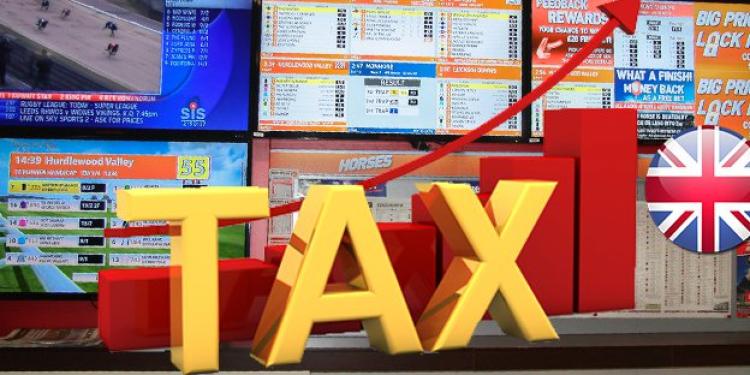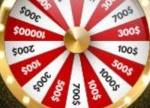Adding Insult to Injury: Labour Debating Raising Levy for Online Sportsbetting
Posted: July 24, 2014
Updated: October 4, 2017

In efforts to see an increase of sports activity among the general populace, the Labour Party is exploring ways of implementing a revised tax duty for sportsbooks.
The Labour Party is trying to introduce a new revised tax bill that will see sportsbook pay a higher duty on their operations. The Party’s main focus is to apply the tax on online betting and the Premier League TV income as they try to motivate people to have a higher participation in sports.
Gambling news reports that the 2012 London Olympics were intended to serve more to the public than just showcase a range of athletes competing in various sports. One of the objectives of the Games was to promote a more physically active way of life, instead of only being a standby observer.
Labour Party wants to even the playing field
Labour Party’s shadow culture secretary, Harriet Harman, stressed that the idea behind the new tax duty is to help elevate the general society to become more actively involved in sporting activities.
“Our consultation looks at a number of ideas which aim to boost investment in community and grassroots sports by getting tough with the Premier League and betting companies.”
• Labour Party eyes new taxes for sportsbooks and Premier League
• 2012 London Olympics served to promote sports activity
• Bookmakers already pay over 65% tax on their earnings
Currently, the Labour party is leading in the opinion polls which should serve to their advantage once the national elections come around in next May. They started the idea of spreading the levy that sportsbooks pay for horseracing to include a range of other sports as well.
The Party does not plan to focus their efforts just with a new tax duty, but they also want to see an increase of Premier League revenue flowing to the lowest football division in the country. The Premier League is the top-tier division of professional football in England, however there are a myriad of leagues below the most popular one that need supporting.
With the current TV deals in place, the Premier League is looking to generate over GBP 5 billion ($8.5 billion) over a three-year period. And the Party believes that such an amount should not be exclusively spread among the 20 teams that participate in the top-tier of English football.
As expected, officials and representative of both the Premier League and online sportsbooks in UK expressed their disapproval of such a scheme. The agenda proposed by the Labour Party would see them lose a substantial deal of money in the coming years.
Betting firms express criticism over the proposed tax bill
One bookmaker decided to openly challenge the idea of introducing the new levy bill. Ladbrokes stated that the betting industry should not be considered a “bottomless pit” for politicians to take advantage of.
Ladbrokes’ director of external relations, Donald McCabe, highlighted how no betting firm ever stopped a sports club from operating. “As far as we are aware no bookmaker or betting operator ever closed a community sports field or club.“
McCabe added that an additional tax duty would be absurd, as already two tax increase would see the industry pay out more than two-thirds of its revenue in tax levies. “So we are not sure why an extra tax is being proposed on an industry already facing two tax increases and which pays out over 65 percent of all its earnings in taxes and levies.”
The Premier League released a statement indicating their support for the increase of the participation in sports among the wider community. “We understand that all those interested in the long-term health of English football want to see better grassroots facilities and higher levels of participation, particularly amongst young people.”
The statement also added that the Premier League remains actively involved to help raise the standards of sports, with their immense financial backing. “This is why we are committed to continue the unprecedented levels of funding we provide as well as being happy to engage on these matters.”
Raising the overall tax bar for mobile betting providers would perhaps lead to an improvement in general sports activity to a certain extent. However, considering that bookmakers already pay over 65% of tax on their earnings, it may end up back-firing to the government.
Should the tax be introduced, sportsbooks may start to look at new ways of saving money for the lost profits. Among the repercussion, jobs may be lost in the process of cutting extra costs. A scenario that doesn’t sound like an effective solution for the Labour Party.












